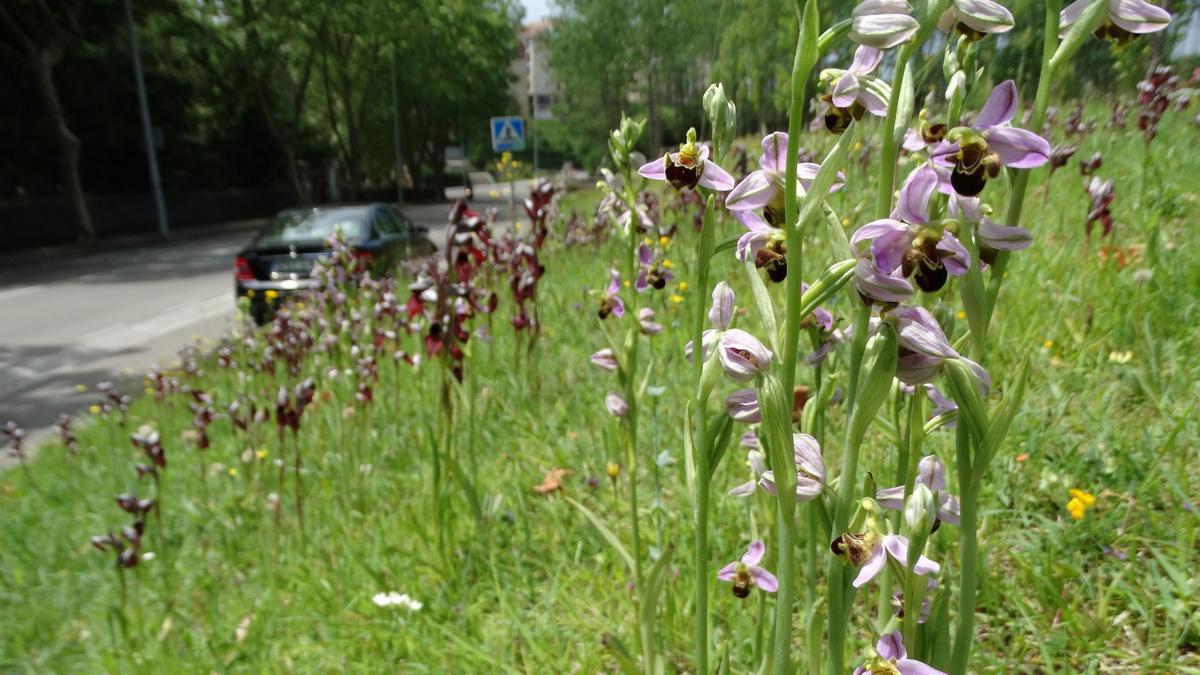Incorporating Mindfulness into Daily Life
Mindfulness can seamlessly fit into daily routines, aiding ADHD symptom management. Mindful activities like yoga and tai chi are excellent for children with ADHD. They enhance physical health while improving ADHD focus and mindfulness. “Mindfulness doesn’t have to be time-consuming or complicated. Even a few minutes of focused breathing or a short walk in nature can make a difference,” Dr. Thompson adds.
Finally, a holistic approach that includes dietary considerations has emerged as a key area of interest. Some studies suggest that certain dietary changes, such as reducing sugar intake and incorporating omega-3 fatty acids, may positively influence ADHD symptoms. While more research is needed in this area, nutritionists advocate for balanced diets rich in whole foods to support cognitive health.
Incorporating mindful movement into daily routines is another effective strategy. Activities such as yoga, tai chi, or even simply going for a mindful walk can help individuals with ADHD channel their energy in a constructive way. These activities encourage physical awareness and can enhance focus by promoting a sense of calm and grounding. Engaging in mindful movement allows individuals to connect their mind and body, creating a feeling of balance that can be particularly beneficial for those with ADHD.
Mindfulness and Meditation
In addition to CBT, mindfulness and meditation practices have emerged as valuable tools for improving focus. Studies in the Journal of Attention Disorders reveal mindfulness improves focus and reduces impulsivity. Mindfulness encourages individuals to become more aware of their thoughts and feelings, allowing them to redirect their focus more effectively. “Mindfulness reduces anxiety and sharpens focus for ADHD individuals,” says Dr. James Lee.
Additionally, the rise of technology has introduced various tools aimed at assisting individuals with ADHD. Apps designed for time management, organization, and task tracking have become increasingly popular. These digital solutions often incorporate gamification—turning tasks into games to motivate users and sustain their attention. One such app, “FocusMate,” connects users with accountability partners to work alongside them in real-time, creating a virtual coworking environment that promotes focus and productivity.
Dietary Interventions for ADHD
Diet adjustments show potential for boosting focus in ADHD management. Omega-3s and antioxidant-rich diets support ADHD cognitive function. Additionally, maintaining a balanced diet and regular exercise can contribute to overall well-being and improved concentration.
The Role of CBT in ADHD Treatment
CBT is emerging as a powerful non-drug treatment option for managing ADHD. CBT aims to modify negative thought patterns and behaviors associated with ADHD. CBT participants often report better focus and improved organizational abilities. “CBT equips ADHD patients with goal-setting and coping skills,” notes Dr. Sarah Mitchell.
Mindfulness practices have also gained popularity among those with ADHD. Techniques such as meditation, deep breathing exercises, and yoga can assist in improving concentration and reducing impulsivity. Mindfulness encourages individuals to be present in the moment, which can counteract racing thoughts and distractions. Incorporating these practices into a daily routine can promote emotional regulation and enhance overall well-being.
The Role of Meditation in ADHD Management
Meditation and mindfulness are valuable strategies for improving ADHD focus and calmness. Focusing on the present through mindfulness enhances ADHD-related emotional control. Breathing exercises, imagery, and body scans calm ADHD relaxation methods users and manage impulsive behaviors. Short mindfulness sessions integrated into routines enhance ADHD users’ focus and emotional balance.
Building ADHD Support Systems
Support networks are essential for managing ADHD challenges effectively. Shared experiences within ADHD communities build empathy and reduce loneliness. Support groups, whether in-person or online, provide a platform for sharing experiences, strategies, and encouragement. Additionally, involving family members in the coping process can create a more supportive home environment that acknowledges and accommodates the unique needs of individuals with ADHD.
As mental health awareness grows, ADHD continues to be a significant focus for families and individuals. Medication, therapy, and lifestyle changes have long been central to managing ADHD. Mindfulness is emerging as a complementary ADHD management tool, aiding focus, impulsivity, and emotional control.
Mindfulness and meditation practices have also gained traction as effective tools for improving focus. Techniques such as deep breathing, visualization, and guided meditation can help individuals with ADHD cultivate an awareness of their thoughts and feelings, ultimately allowing them to regain control over their focus. A study conducted at Harvard University found that participants who practiced mindfulness showed significant improvements in attention and cognitive flexibility.




















